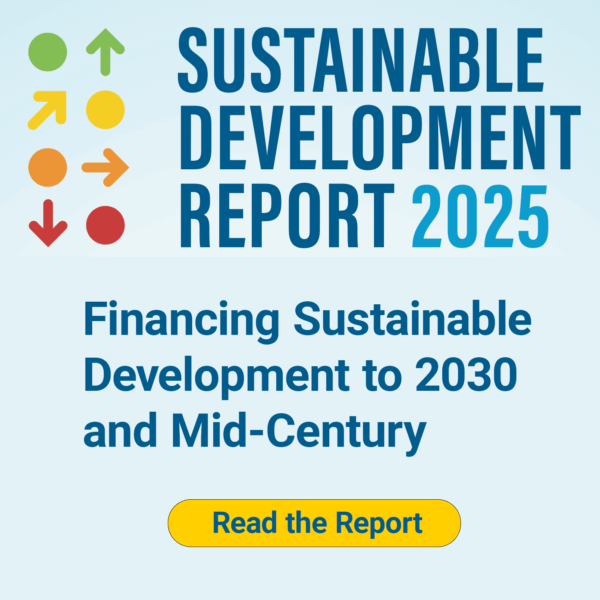Funding those with the greatest need
Financing — Global, Sub-Saharan Africa
Global development finance has been thrown into disarray – first by the pandemic and now the war in Ukraine. Ramping up finance flows to LDCs in the short term might appear unrealistic, but it is more essential than ever if we’re to avoid even greater catastrophes ahead













